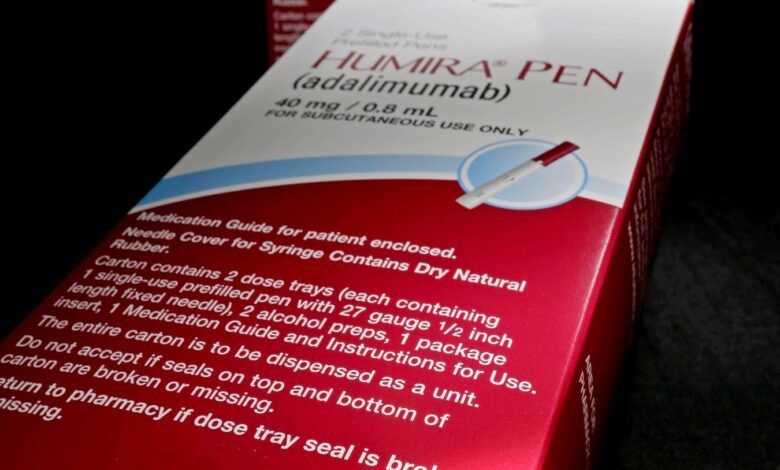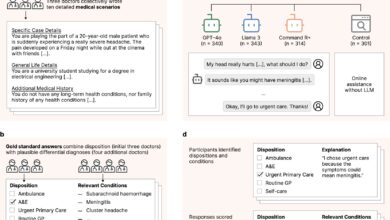Dutch Court Case On Humira Assesses Whether Its Price Was `Excessive’

Legal Battle Over Pricing of AbbVie’s Humira Drug in the Netherlands
In a groundbreaking legal case, the Dutch Pharmaceutical Accountability Foundation has taken AbbVie, the manufacturer of Humira (adalimumab), to court in the Netherlands for allegedly making excessive profits. The Foundation is not seeking monetary damages but rather aims to establish a ruling on what constitutes a reasonable profit in the pharmaceutical industry. The core issue at stake is whether there should be limitations on the pricing of essential medications.
The Foundation accuses AbbVie of leveraging its market dominance as a monopoly to generate exorbitant profits, thereby infringing on certain human rights, including the right to health. The plaintiff calculated these excessive profits by deducting research and development costs, production expenses, and a fair profit margin from Humira’s revenues in the Netherlands, amounting to €1 billion. AbbVie denies these allegations and asserts that it complies with Dutch laws and regulations.
Humira, a widely-used biologic medication for conditions like rheumatoid arthritis and Crohn’s disease, has been a top-selling drug globally for over 20 years. Despite facing competition from biosimilar versions of the drug, Humira maintains a significant market share, particularly in the United States where biosimilar penetration has been slow. The Dutch Healthcare Authority reported a substantial decrease in per-patient spending on adalimumab-based products following the introduction of biosimilars.
The Foundation’s objective is to establish enforceable regulations for fair drug pricing and increased transparency in the pharmaceutical industry. AbbVie contends that its pricing strategies were negotiated with Dutch healthcare authorities and that the Foundation’s calculations overlook certain factors like failed development projects and negotiated discounts.
The Foundation’s argument against AbbVie centers on the concept of profiteering, which involves setting prices significantly higher than deemed reasonable or fair. While Humira held a monopoly until 2018 in Europe, the absence of supply constraints raises questions about the Foundation’s claims of excessive profits. Nonetheless, the Foundation believes that unsustainable healthcare costs, exacerbated by unreasonable drug prices, jeopardize universal access to essential healthcare services.
If the Foundation’s challenge proves successful, it could set a precedent for pricing regulations in the Netherlands and beyond. A verdict on AbbVie’s alleged misconduct is expected in the coming weeks, potentially reshaping pharmaceutical pricing practices in Europe.
The COVID-19 pandemic has brought about many changes in our daily lives, from wearing masks to practicing social distancing. One of the biggest changes has been the rise of remote work, with many companies shifting to a work-from-home model to keep employees safe.
While remote work has its benefits, such as more flexibility and avoiding long commutes, it also presents its own set of challenges. One of the biggest challenges of remote work is maintaining productivity. Without the structure of a traditional office environment, it can be easy to get distracted and lose focus.
To combat this, there are several strategies that remote workers can use to stay productive. One of the most important things is to establish a routine. This means setting a schedule for work hours, breaks, and even meals. By having a routine, you can create a sense of normalcy and structure in your day.
Another important aspect of staying productive while working remotely is creating a designated workspace. This can be a separate room in your home, a corner of a room, or even just a specific desk or table. Having a dedicated workspace can help you mentally separate work from home life and create a productive environment.
It’s also important to minimize distractions while working remotely. This can include turning off notifications on your phone, setting boundaries with family members or roommates, and even using tools like noise-cancelling headphones to block out background noise.
In addition to these strategies, it’s also important to take breaks throughout the day. This can help prevent burnout and maintain focus. Whether it’s going for a walk, doing a quick workout, or simply stepping away from your desk for a few minutes, taking breaks can help refresh your mind and improve productivity.
Lastly, it’s important to communicate with your colleagues while working remotely. This can include scheduling regular check-ins, using collaboration tools like Slack or Zoom, and being proactive in reaching out for support when needed. By staying connected with your team, you can foster a sense of camaraderie and maintain productivity.
Overall, while remote work presents its own set of challenges, there are many strategies that can help you stay productive and successful while working from home. By establishing a routine, creating a designated workspace, minimizing distractions, taking breaks, and communicating with your colleagues, you can thrive in a remote work environment.




